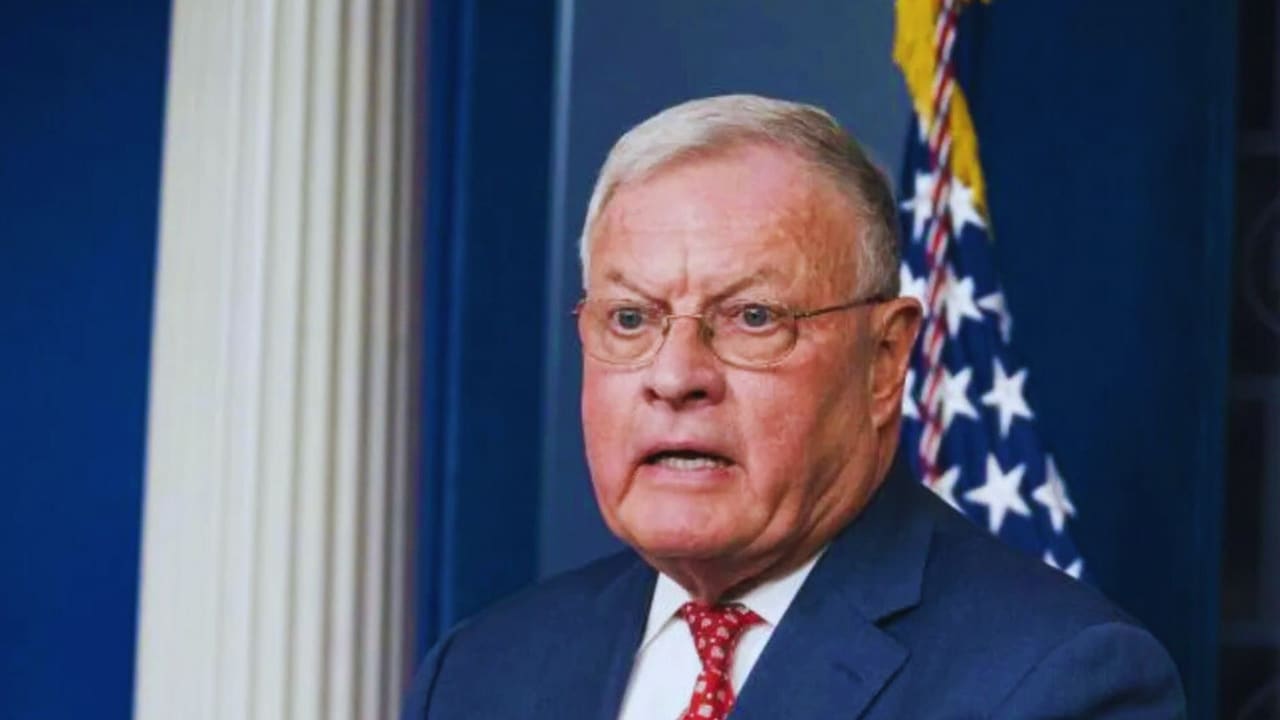Trump Taps Retired General Keith Kellogg as Ukraine-Russia Envoy
In a move that signals a potential shift in US foreign policy, President-elect Donald Trump has nominated retired Lieutenant General Keith Kellogg as special envoy to Ukraine and Russia for his upcoming administration.
This newly created position is expected to play a crucial role in Trump’s ambitious pledge to end the ongoing conflict in Ukraine “on his first day back in office”.
Kellogg’s Background and Experience
Keith Kellogg brings a wealth of experience to this sensitive diplomatic role:
- Served as national security adviser to former Vice President Mike Pence during Trump’s first administration
- Vietnam War veteran with a distinguished military career
- Held high-level national security positions in Trump’s previous term
- Currently co-chairs the Center for American Security at the America First Policy Institute (AFPI)
Proposed Approach to Ending the Conflict
Kellogg’s strategy for resolving the Ukraine-Russia war, as outlined in an April research paper for AFPI, includes several key points:
- Advocating for “a formal US policy to seek a ceasefire and negotiated settlement”
- Linking further US aid to Ukraine with Kyiv’s participation in peace talks
- Potentially delaying Ukraine’s NATO membership as a negotiating tool with Russia
- Establishing a “long-term security architecture” for Ukraine’s defense
It’s worth noting that while Trump has expressed approval of Kellogg’s ideas, it remains unclear how much of this plan will be adopted in the new administration.
Diplomatic Landscape
The nomination comes amid a complex diplomatic landscape:
- Trump has reportedly spoken with both Ukrainian President Volodymyr Zelensky and Russian President Vladimir Putin since winning the election
- Zelensky congratulated Trump on his victory, and they had a “good lengthy conversation” lasting about 30 minutes
- Putin welcomed Trump’s claim about ending the war quickly but awaits further policy details
Challenges and Expectations
As Kellogg prepares to take on this critical role, he faces several challenges:
- Balancing the interests of both Ukraine and Russia while pursuing a peaceful resolution
- Navigating the complex geopolitical landscape and potential resistance from other global powers
- Implementing Trump’s promise to end the war swiftly, which has been met with both hope and skepticism
Implications for US Foreign Policy
Kellogg’s appointment and the creation of this new envoy position suggest a potential shift in US approach to the Ukraine-Russia conflict:
- A move towards more direct negotiations and diplomatic engagement
- Possible recalibration of US military aid to Ukraine
- Renewed focus on finding a swift resolution to the conflict, which has now lasted nearly three years
As the confirmation process unfolds, all eyes will be on Kellogg and the Trump administration to see how this new diplomatic strategy will shape the future of Eastern European geopolitics and US foreign policy in the region.
